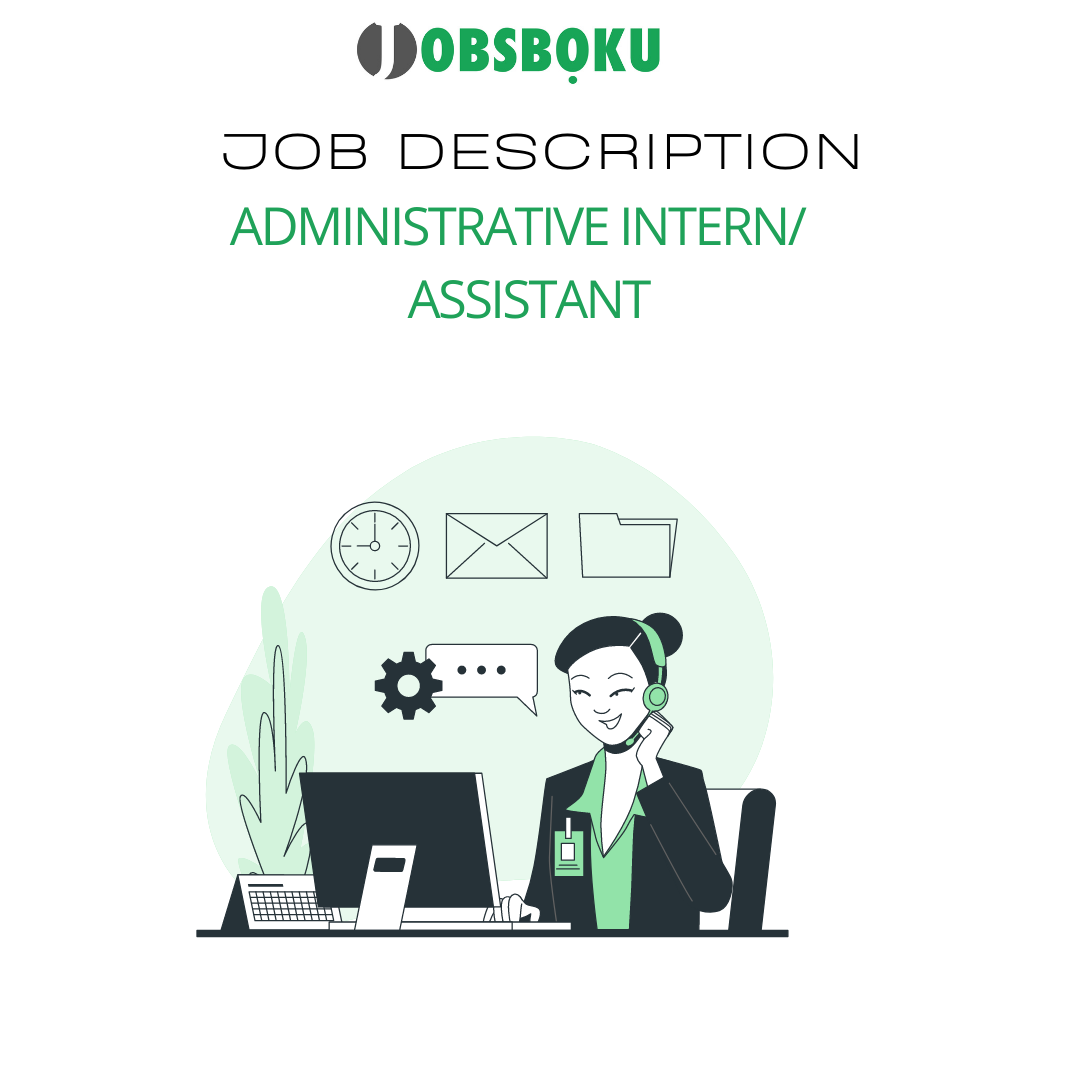Job Application

Applying for a job is
an important step in the hiring process. Your application shows your interest
in the job and informs the employer of your relevant skills and experience.
Knowing how to complete a job application well can have a significant impact on
your chances of receiving an invitation to interview.
In this article, we
explore some steps and suggestions for how to successfully complete and submit
a job application.
Read the Job Application
Reading the
job application may seem like an obvious step but people frequently skip it.
Even if you scanned the job description before you decided to apply, it is
still a great idea to go back and read it a several times to make sure you did
not miss any details. Employers always receive much applications for a
position. One of the most common methods they will use to narrow the applicant
pool is to eliminate anyone who they think did not read the job description or
requirements. It is important to note that most employers also use something
known as an applicant tracking system (ATS). This is an automated system that
can be fine-tuned to reject applications that are missing information or do not
have the right keywords. Even though you may not be able to completely predict
what the ATS is looking for, you can still advance your application in the
system by making sure to include the correct information. Refining your writing style will improve the quality of your
application. Employers are looking for confident applicants who can convince
them of their capabilities - demonstrate your suitability by giving short, to
the point and positive answers.
You should also:
- use power verbs such
as transformed, delivered, achieved and inspired - choose descriptive
words like effective, consistent, determined and adaptable - focus on answering the
questions and avoid waffling or being too vague - select appropriate
examples of your achievements from past experience - demonstrate enthusiasm
for the role - ensure your spelling
and grammar is correct.
Ask somebody else, such as a careers adviser,
parent or friend, to read through your application form. A second pair of eyes
will help pick out errors that you may not have spotted.
b. Use a professional name and email
address
Employers often disqualify an applicant for having an unprofessional
email, even if the rest of their resume shows they are perfect for the job.
If
you need to create a professional email address, you may want to use a free
email service to create an email account that you will use specifically for
your professional life. Use your name combination or a variant and use it for
all your job applications. It is never a bad idea to separate work
communication from personal communication. Something as simple as your email
address can turn off an employer. In today’s competitive job market, you need
to give yourself every possible advantage – start with having an email address
that is professional. There are both good practices to follow and bad practices
to avoid. Just as your resume
represents you,
so does your email address.
Practices:
- When applying for a job, use an email address
that includes your full name, first name / last name, initials. - If you have a common name or are finding it
challenging to create a new email address, try adding a middle name,
middle initial or random number.
Practices:
- For both safety and ageism reasons – don’t use
your birth year in an email address. - Avoid addresses that include a nickname, hobby,
pet’s name, or any other personal information. You don’t want to showcase
something that could lead to discrimination or give a bad impression. And,
definitely avoid political, religious, or gender references.
·
Be
aware that where your email is hosted may give off a certain impression too.
Hosts such as Yahoo or AOL may open you up to tech-savvy or age discrimination.
Although you may disagree, some hiring managers may judge technical relevancy
based on your host. Sticking with a Gmail account or other free non-subscription-based
providers may be your best bet at keeping these issues at bay.
c.
Follow the
instructions
Sometimes
a question calls for a full paragraph, a couple sentences or just a “yes” or
“no”. There are also fields that require you to spend some time answering
in-depth questions. Regardless of what the specific questions requires, make
sure you are answering it correctly. Read the question a couple times to make
sure you understand and take some time to formulate a perfect answer.
There
are employers who ask a variety of types of questions, including character,
behavior. If you want to increase your chances of success, you need to respond
to these questions effectively and accurately. Not all applications will
include long answer questions, but it never hurts to adhere closely to the
instructions. Taking care while filling out the information demonstrates to an
employer that you are a worthy candidate for the job. Remember to keep careful
track all your application, so you know where you have applied and the roles
you have applied to. Keep a list of the company names and roles you have
applied to, in order to create a quick reference. Sometimes, you might find
that you qualify for multiple roles in one company, and you may decide to apply
for several. What you don’t want to do is to make a profile for each and every
job you apply for. Always put all you application in their proper file. Then,
it will be easier to track what you have applied for in the event you get calls
about multiple roles by different people. It is always a good idea to know
exactly what someone is talking about when they call concerning an interview.
d. Tidy your social media profiles
The
world is said to be a global village and have been made even smaller with
gadgets it is common for employers to look at your social media profiles. They
want to know something about the person they are hiring and they feel that
Facebook and other social media sites are good sources. Go over your profiles
and consider removing anything objectionable. That means deleting posts or
comments that might not reflect well on you or that do not represent your
current maturity level. It is always a good idea to be aware of and control the
image of yourself online.
It
is still advisable to create a social media profile in your name and to share
some personal information, even if you do not use it often. Familiarity and
proficiency with social media is an important skill in the job market today and
employers may check your personal accounts to judge your competency.
e. Upload your resume
It
may seem counterintuitive to submit the resume after you have entered all the
information it contains into fields on the application. However, the applicant
tracking system typically does not collect the information you have provided
into a printable document and the employer may want to have a paper copy of
your resume for reference. Resumes are also easy for the hiring manager to keep
on file in case they decide to contact you about a job opening at a later date.
Make
sure to name your resume file concisely and efficiently. Include your first and
last name or with a keyword “resume” for easy searching.


